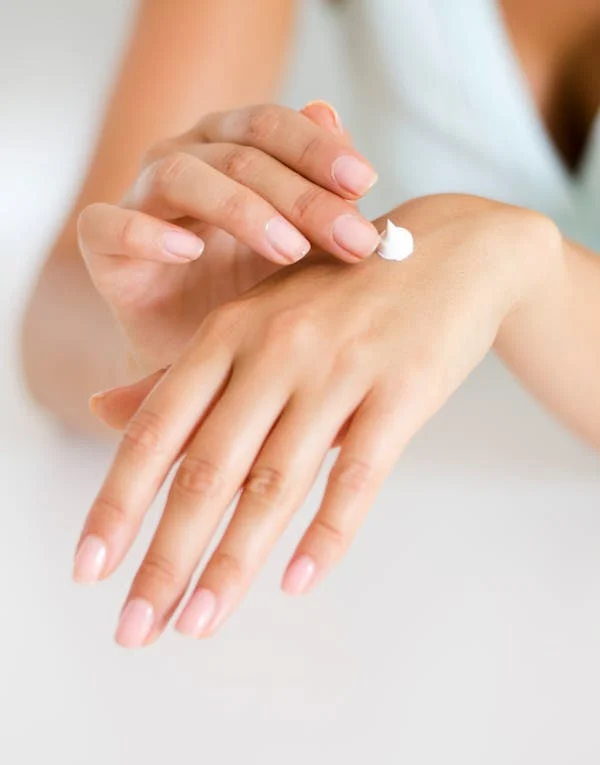What Teens Should Know to Stay Safe
Talking to teens about sex isn’t easy for most parents. Some feel that discussing it might encourage sexual activity, so they hesitate to bring it up. However, the latest Youth Risk Behavior Survey (YRBS) reveals that by the end of high school, 30% of teens have had sex.
Even if it’s unclear whether your teen is sexually active, chances are they will be at some point. It’s essential that they have accurate information to protect their health.
What Parents Need to Know About STIs
Sexually transmitted infections (STIs) are quite common. Caused by bacteria, viruses, or other microorganisms, STIs can spread through different forms of sexual activity. While many STIs can be treated, they can lead to serious health issues such as infertility, pregnancy complications, or even lifelong infections. It’s important for teens to be aware of these risks.
Here’s a rundown of the most common STIs — their causes, symptoms, and treatments:
Chlamydia
Chlamydia is the most frequently reported bacterial STI in the U.S. Many people show no symptoms, which means actual case numbers could be much higher.
Symptoms (if any) may include vaginal or penile discharge, painful urination, or swollen testicles (rare). It’s diagnosed through a urine test or swab, and antibiotics can cure it. Untreated chlamydia can lead to infertility, particularly in women.
Gonorrhea
Like chlamydia, gonorrhea is caused by bacteria and can be asymptomatic. If symptoms do appear, they are similar to chlamydia. Untreated gonorrhea can also cause infertility in both men and women. Although it’s treatable, some strains have become resistant to standard antibiotics, requiring additional treatments.
Trichomoniasis
This STI is caused by a protozoa and is often asymptomatic. When symptoms occur, they typically include itching, irritation, and discharge. Trichomoniasis is curable with medication.
Syphilis
Syphilis infections have been increasing in recent years. In its first stage, a painless sore appears at the site of infection, often unnoticed. In the second stage, a rash or symptoms like fever, sore throat, and swollen lymph nodes may occur.
If left untreated, syphilis can remain in the body for years, potentially causing permanent damage to organs, including the brain. Antibiotics can cure it, but late-stage complications can be irreversible. Syphilis during pregnancy can also be very serious.
Herpes Simplex Virus (HSV)
HSV causes painful blisters, with HSV1 typically leading to oral sores and HSV2 to genital sores. Oral herpes can be transmitted through oral sex, resulting in genital herpes.
There’s no cure for herpes, but medications can help control outbreaks. Herpes can pose risks during pregnancy, though these can be managed with proper care.
Human Papillomavirus (HPV)
HPV is the most common STI and can be transmitted through skin-to-skin contact. Most infections clear up on their own, but persistent infections can lead to genital warts or certain cancers.
Fortunately, there is a vaccine to prevent HPV, which can be given starting at age 9.
HIV
HIV is more likely to occur in those who engage in risky sexual behaviors, often linked to other STIs. Its early symptoms are similar to the flu, followed by a long symptom-free period.
There’s no cure for HIV, but medications can help manage the virus. Preventive medications are also available to reduce the risk of infection.
How to Talk to Teens About Preventing STIs
While the information above might seem daunting, there are straightforward steps teens can take to protect themselves. This is why open, honest conversations are so important.
Teens can:
- Use condoms consistently and correctly: The YRBS reports that about half of sexually active teens don’t use condoms regularly, increasing the risk of infection.
- Limit their number of sexual partners: Encourage teens to have honest conversations about sexual history and consider getting tested before entering a sexual relationship.
- Get tested regularly: Sexually active teens should be tested for chlamydia and gonorrhea at least once a year, or more frequently depending on their sexual history. Unfortunately, 95% of high school students surveyed by the YRBS hadn’t been tested in the past year, despite nearly one-third being sexually active.
- See their doctor regularly: Teens should feel comfortable discussing their sexual health with a healthcare provider. As a parent, you can support this by allowing your teen private time with the doctor.
Encouraging your teen to stay informed and seek regular healthcare can go a long way in helping them stay safe and healthy.








